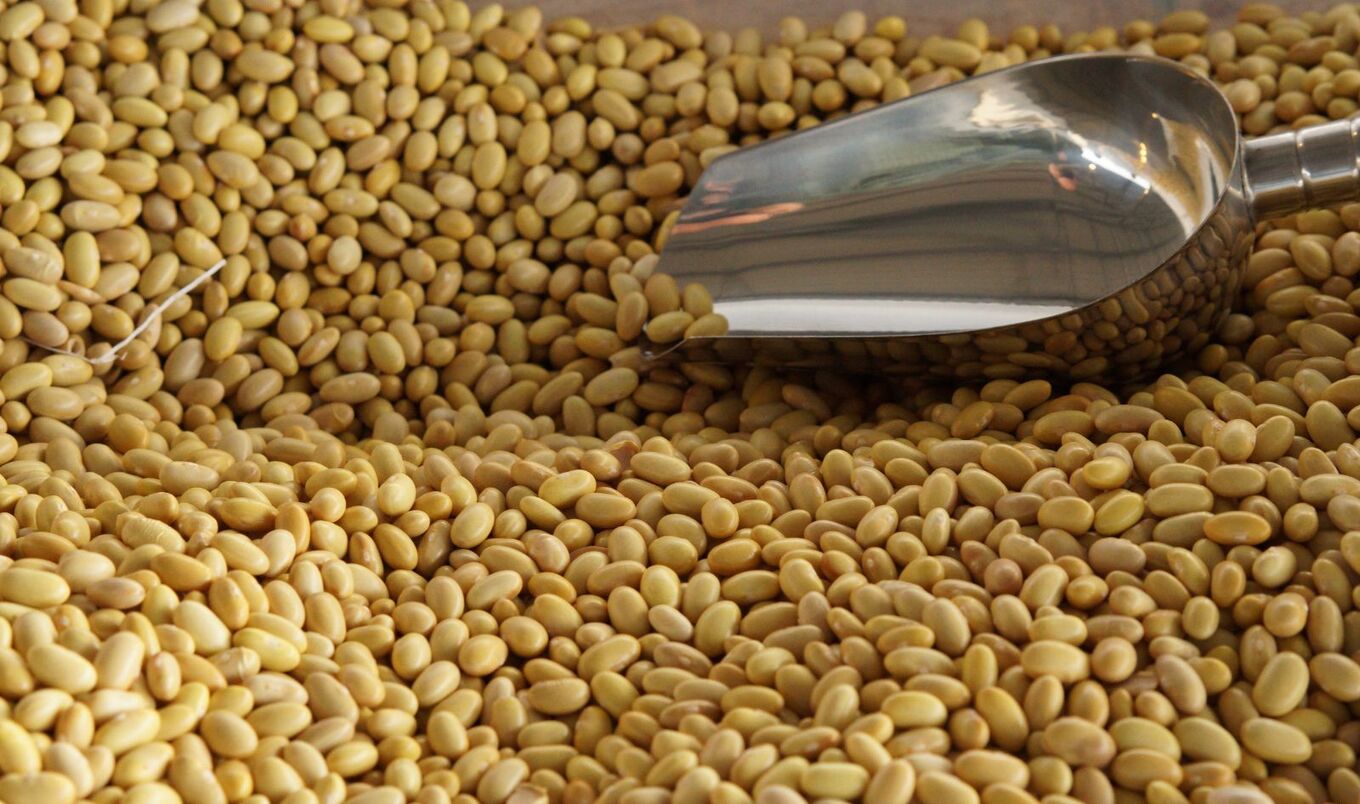Recent studies underscore the significant health and environmental advantages of substituting animal-based proteins with plant-based alternatives, particularly unprocessed legumes like beans and peas. These dietary shifts not only enhance cardiovascular health but also contribute to environmental sustainability.
A comprehensive 30-year study conducted by researchers at Harvard T.H. Chan School of Public Health examined the dietary habits of nearly 203,000 American adults. The findings revealed that individuals consuming a higher ratio of plant-based protein to animal-based protein experienced a 19-percent reduction in cardiovascular disease (CVD) risk and a 27-percent decrease in coronary heart disease (CHD) risk compared to those with lower ratios.
 Getty
Getty
Lead author Andrea Glenn noted, “The average American eats a 1:3 plant to animal protein ratio. Our findings suggest a ratio of at least 1:2 is much more effective in preventing CVD.”
The study highlighted that replacing red and processed meats with plant proteins, such as nuts and legumes, was particularly beneficial. Participants with the highest protein intake—21 percent of their energy from protein—and a higher plant-to-animal protein ratio saw a 28-percent lower risk of CVD and a 36-percent lower risk of CHD compared to those with the lowest protein intake.
“Most of us need to begin shifting our diets toward plant-based proteins,” senior author Frank Hu said.
“We can do so by cutting down on meat, especially red and processed meats, and eating more legumes and nuts. Such a dietary pattern is beneficial not just for human health but also the health of our planet.”
Plant-based protein reduces nutritional imbalances
In a related study, researchers from the University of Oxford and University College London assessed various meat and dairy alternatives, including unprocessed legumes, processed plant-based products like veggie burgers, and lab-grown meat. The study, published in the Proceedings of the National Academy of Sciences, found that unprocessed plant-based foods such as soybeans, peas, and beans are best suited for replacing meat and dairy.
Choosing legumes over meat and milk would reduce nutritional imbalances in high-income countries like the UK, US, and throughout Europe by half, mortality in particular from diet-related diseases by a tenth, the environmental impacts of diets such as greenhouse gas emissions, land use, and water use by more than half, and costs by more than a third.
 Getty
Getty
BECOME A VEGNEWS VIP: Get exclusive product deals, freebies, and perks galore!
Marco Springmann, PhD, the study’s lead author, stated, “Reducing meat and dairy in high-income countries is essential for limiting climate change, biodiversity loss, and improving health.”
The research indicated that while processed plant-based foods like veggie burgers and plant milk offer benefits, the reductions in emissions and health improvements were less substantial than those achieved by consuming unprocessed legumes. Additionally, the costs to consumers were higher when opting for processed alternatives.
Lab-grown meat’s environmental uncertanties
The environmental impact of lab-grown meat was also examined. Despite high uncertainties, the existing data suggest it is not a competitive product, not even for normal meat. At current technologies, its emissions can be as high as those of beef burgers at up to 40,000 times its costs, while its health impacts when replicating beef would be similarly negative.
“Public investments in both lab-grown meat and ultra-processed burger patties look like tough sells when considering their relative impacts and available alternatives,” Springmann noted.
These findings align with previous research highlighting the health benefits of plant-based diets. A 2020 study published in the British Medical Journal found that higher intake of plant protein was associated with lower risks of all-cause and cardiovascular mortality. Furthermore, the American Heart Association notes that plant-based diets can lower the risk of heart attacks and other cardiovascular conditions.
Incorporating unprocessed plant-based foods into daily diets not only promotes heart health but also supports environmental sustainability. As Springmann concluded, “Our findings suggest that suitable alternatives to meat and milk exist and are available and affordable without necessarily requiring new technologies or product development.”
For more plant-based stories like this, read:
JUMP TO ... Latest News | Recipes | Guides | Health | Subscribe








